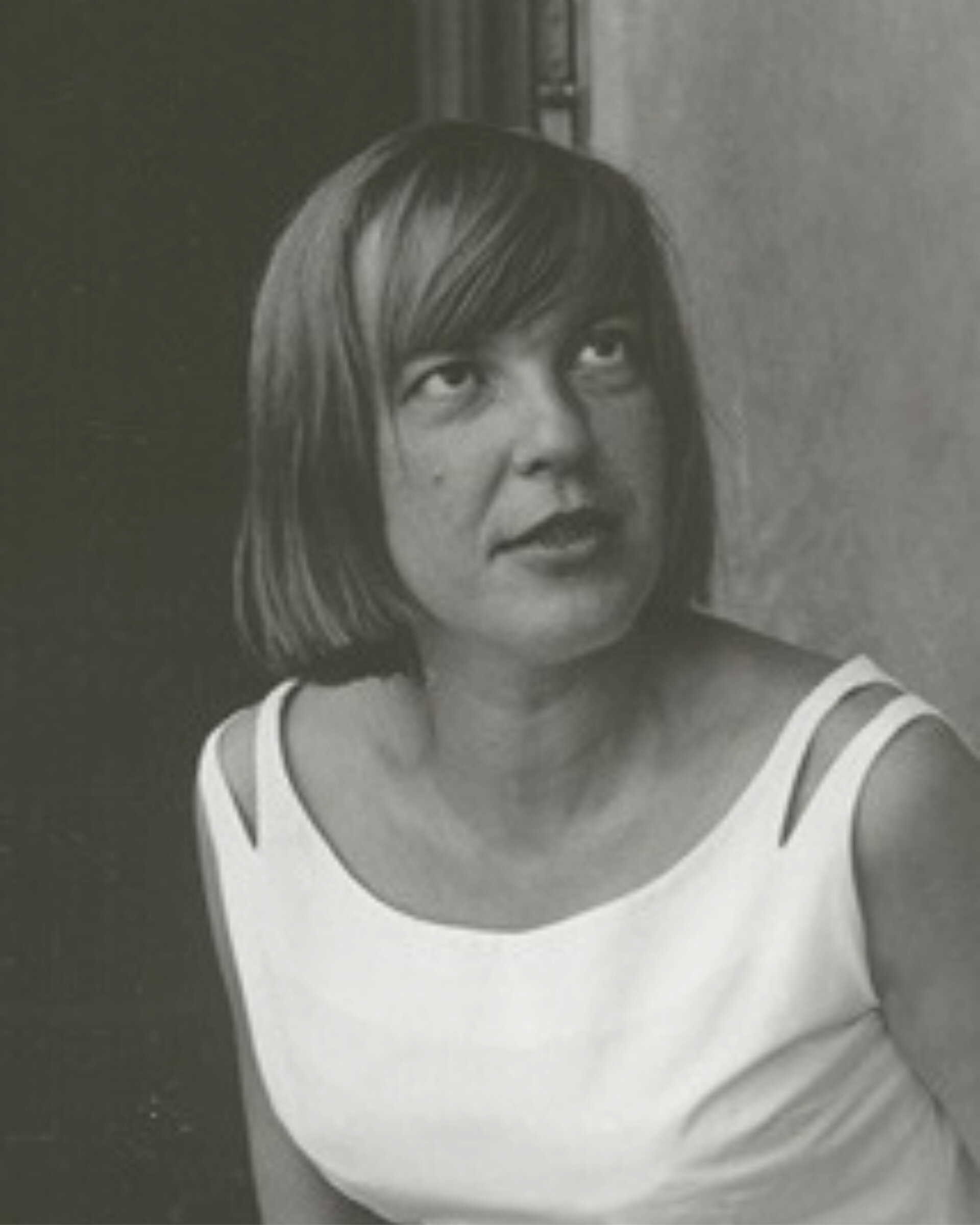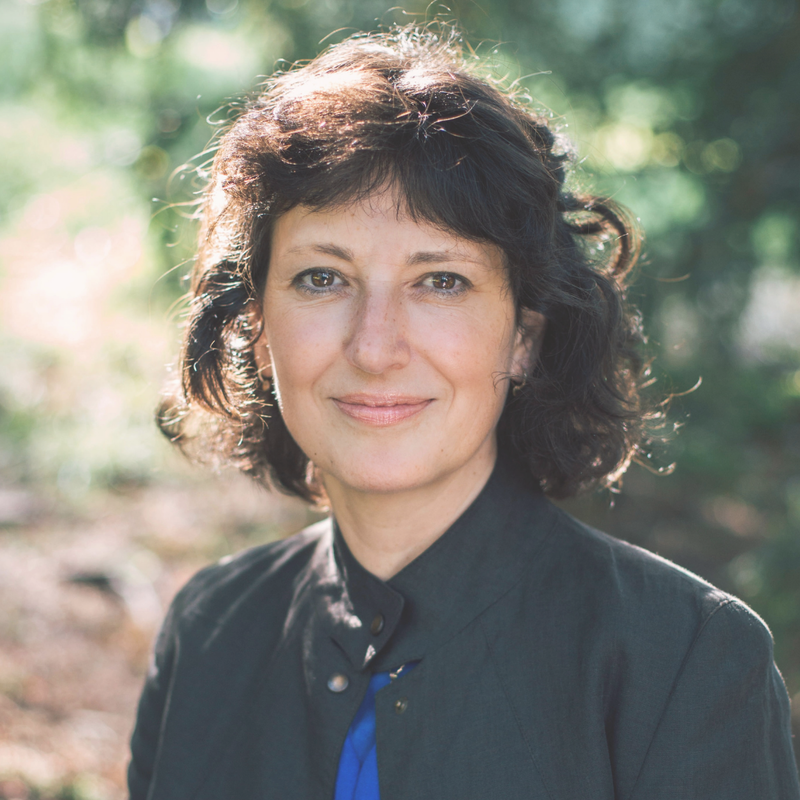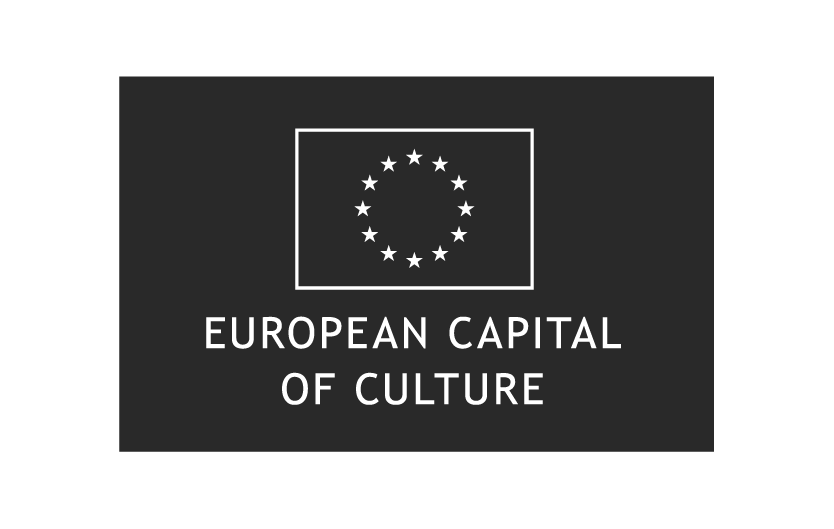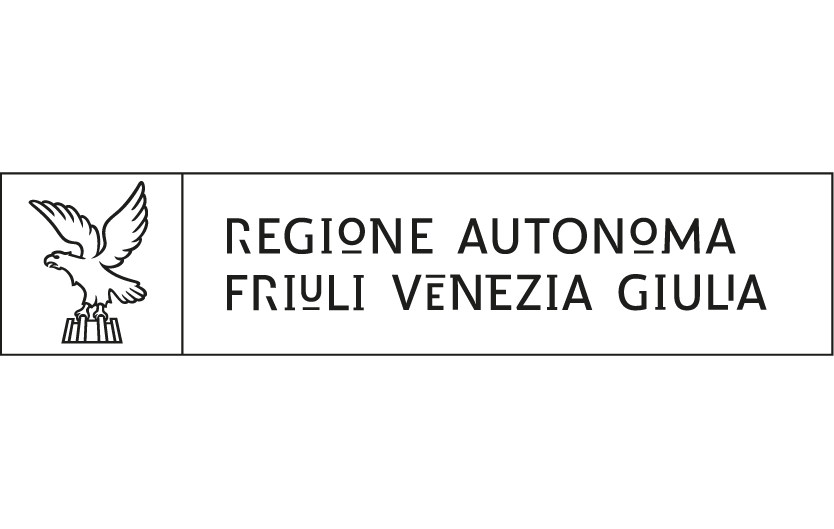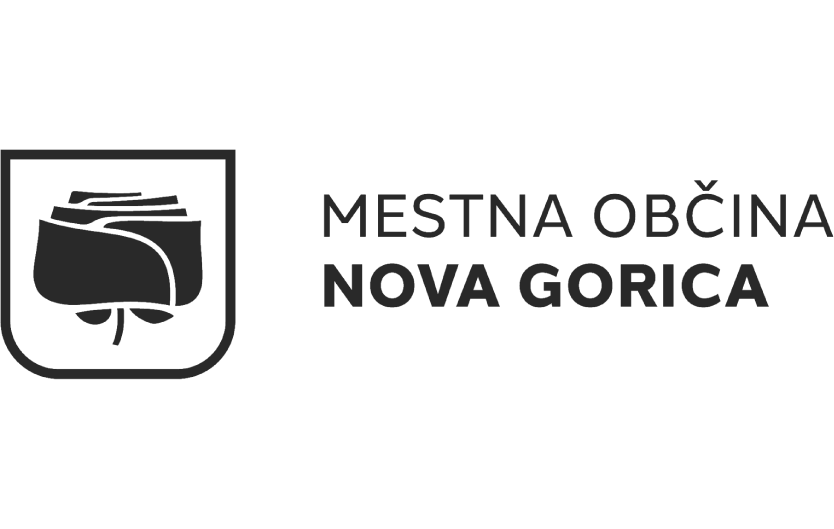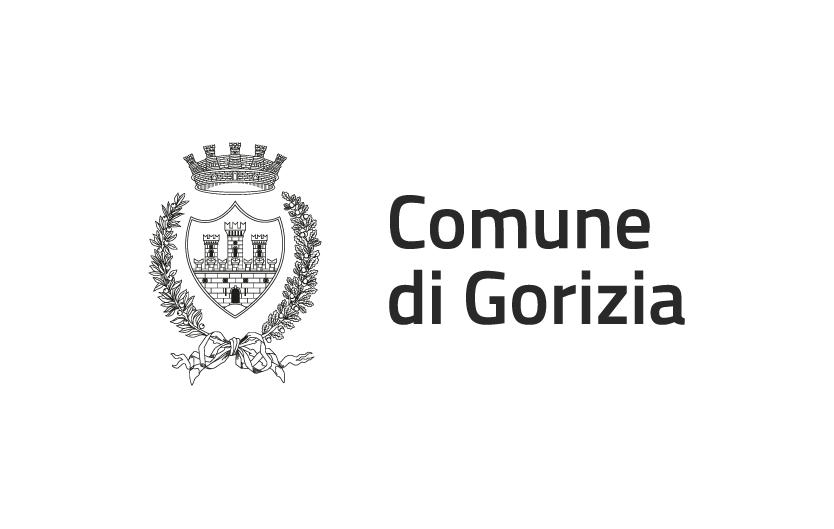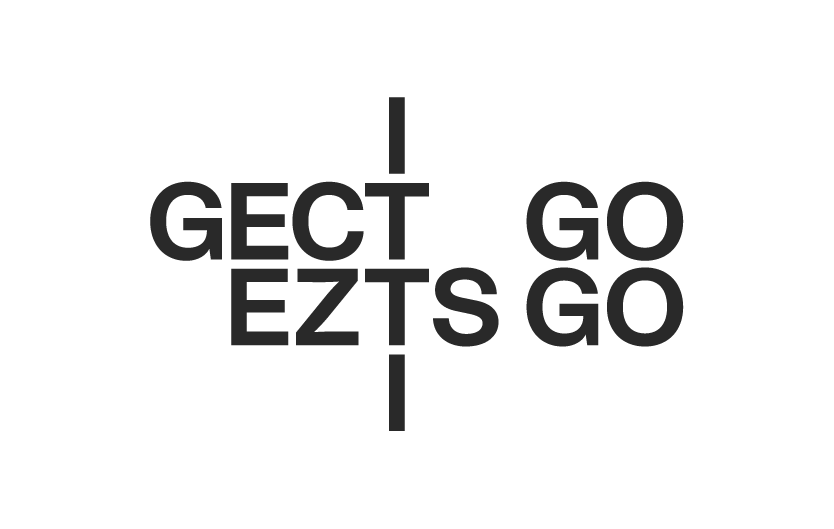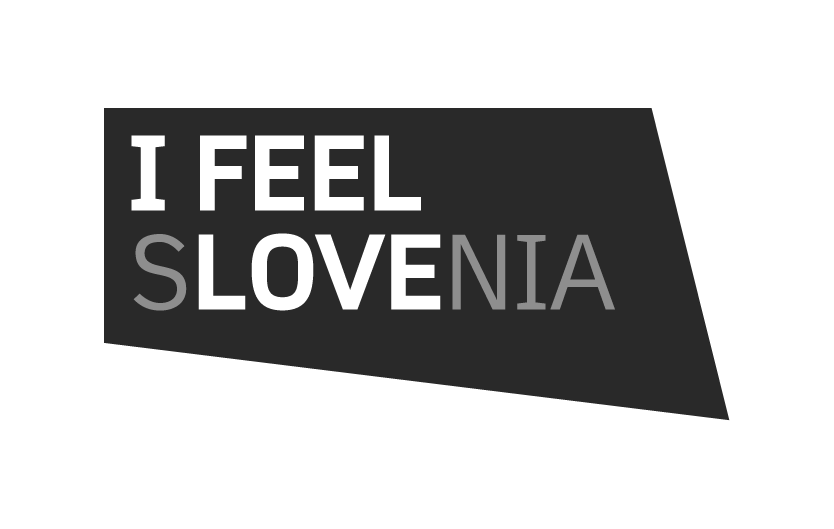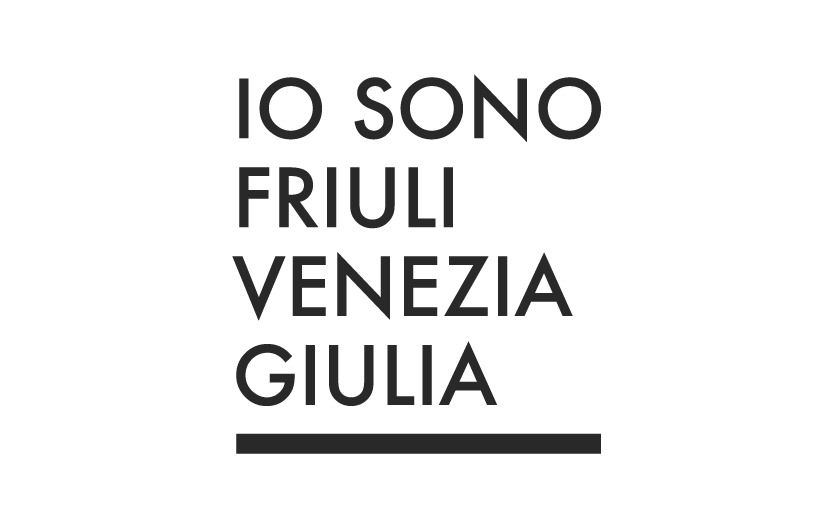Ingeborg Bachmann (1926–1973) is considered one of the most important literary figures of the 20th century.
Ingeborg Bachmann was born on June 25, 1926, in Klagenfurt, a city that shaped her childhood and later became the venue of the annual literary competition awarding the Ingeborg Bachmann Prize. This prestigious prize, regarded as one of the most important in the German-speaking literary world, will be awarded for the 49th time this year. The competition traditionally takes place at the end of June at the ORF Theater.
Bachmann was a poet, writer, essayist, and philosopher who intertwined literary expression with the depths of existentialism, linguistic philosophy, and social critique. Her work explores the search for meaning, freedom, and identity, often revealing painful mechanisms of exclusion, repression, and violence embedded in language and social structures. She wrote poetry, prose, essays, and radio plays. Among her most well-known works are the novel Malina (1971) and the poetry collection Die gestundete Zeit (1953), which secured her place as a central voice in postwar European literature. She collaborated with prominent artists of her time – she was friends with Paul Celan, one of the most important poets of the 20th century. Their relationship profoundly influenced both their creative and private lives.
Besides her literary work, Bachmann also philosophically explored issues of language, freedom, and the role of women. Her lectures, titled the Frankfurt Lectures (1959/60), are considered groundbreaking in understanding literature as an ethical and political gesture. As a female author in a predominantly male literary world, she paved the way for many future women writers with her reflective stance and original style.
The house in Klagenfurt (on Henselstraße), where she grew up and often returned from Rome (where she later lived), now holds her personal archive and library. It is set to become a museum, preserving many memories that reveal the connection between her life and writing. Among her books were also detective novels – an unexpected detail, offering a fascinating insight into her literary background. As part of the Salzburg Edition, efforts are underway to publish her collected legacy – including letters, essays, and previously unpublished texts. Bachmann was not only a writer but also proved that philosophical ideas can be expressed through literary language. Her work remains a subject of numerous studies today, addressing timeless themes such as identity, boundaries, language, and freedom.
Since the end of April, the EPIC district in Nova Gorica has hosted the Ingeborg Bachmann Dome, a symbolic and physical link between Nova Gorica and Carinthia in Austria. It stands at the newly renovated area of the Nova Gorica Railway Station, specifically in the eastern basin of the new railway underpass. The dome, on loan from the Carinthian Cultural Foundation for this year’s European Capital of Culture, will remain until November, serving as a venue for various events and experiences. The concept was designed by Gerhard Fresacher and Armin Guerino (who also built it), with a soundscape created by Fresacher and Anna Ennemoser. It was built as a mobile venue for important cultural festivals in the Alpe-Adria region and beyond. Visitors can walk through the interior, which invites reflection – equipped with a sound installation and touch-responsive elements. It is also a place for multidisciplinary artistic encounters developed specifically for and in connection with the dome.
Photo: Mario Dondero
